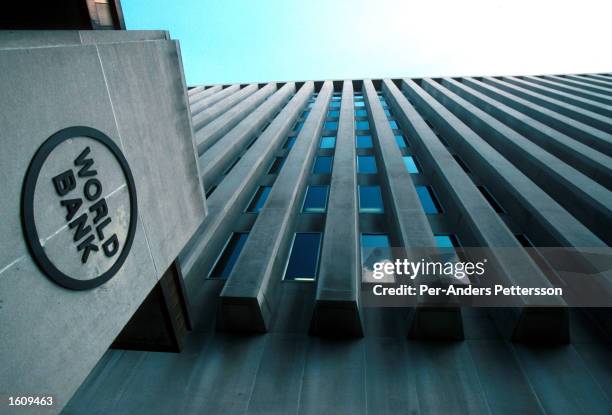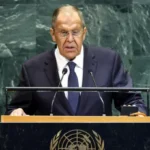Accra, Ghana — Ghana has the potential to triple its per capita income from around $2,200 to $6,600 by 2050 if it implements bold structural reforms, the World Bank said in its latest policy report, outlining a path to escape recurring economic crises and achieve sustained growth.
The assessment, detailed in the World Bank’s 2025 Policy Notes launched in Accra under the theme “Transforming Ghana in a Generation,” contrasts two scenarios for the West African nation’s economic trajectory. Without reforms, growth is projected to hover at about 3.8% annually, keeping per capita income stagnant and delaying upper-middle-income status past 2050. With ambitious changes, however, Ghana could maintain expansion above 6.5% yearly, driving productivity gains, job creation, and poverty reduction.
“Ghana has a unique opportunity to restore fiscal discipline, improve governance, and leverage its natural and human capital for inclusive development,” said Robert Taliercio, World Bank Country Director for Ghana, Liberia, and Sierra Leone, at the launch event. “But it must act decisively to avoid the middle-income trap and sustain growth.”
The report attributes Ghana’s challenges to a growth model reliant on factor accumulation and natural resource depletion, which has led to boom-bust cycles. Per capita income has stagnated near $2,200 over the past decade, with poverty affecting more than a quarter of the population and regional disparities widening. Post-Covid growth has averaged 4%, but human capital setbacks and insufficient structural shifts threaten progress.
Key recommendations focus on boosting productivity, enhancing infrastructure, and strengthening human capital. This includes investments in education and skills development to equip the youth bulge—over 60% of Ghana’s population is under 25—for high-value jobs. The World Bank also urges fiscal consolidation through rules to maintain International Monetary Fund targets, limit foreign exchange interventions, and delay a return to Eurobond markets to ensure debt sustainability.
Stefano Curto, the World Bank’s Lead Economist for Ghana, Liberia, and Sierra Leone, and principal author of the notes, emphasized the generational stakes. “The decisions Ghana makes now will determine the economic future of the next generation,” he said. Ambitious, sequenced reforms could more than triple per capita income and foster resilient development.
The analysis warns of persistent risks, including socioeconomic inequalities and Ghana’s history of 17 IMF programs since independence—nearly 40 of the past 68 years under Fund support. Baseline projections highlight insufficient job creation and fiscal vulnerabilities that could exacerbate poverty and regional gaps.
Yet, the optimistic outlook draws on successful peers that avoided the middle-income trap through macroeconomic stability, low inflation, and sustainable finances—steps Ghana can replicate. Taliercio noted the World Bank Group’s commitment to supporting Ghana’s leadership in these efforts.
The launch comes amid Ghana’s recovery from a 2022 debt crisis, with recent fiscal tightening and IMF backing restoring some stability. Some economists view the report as a timely blueprint, urging swift action to harness demographic dividends and resource wealth for broad-based prosperity.
As Ghana navigates its post-crisis phase, the 2025 Policy Notes underscore the transformative power of policy choices. Implementing them could not only triple per capita income but also position the nation as a regional growth leader by 2050.




